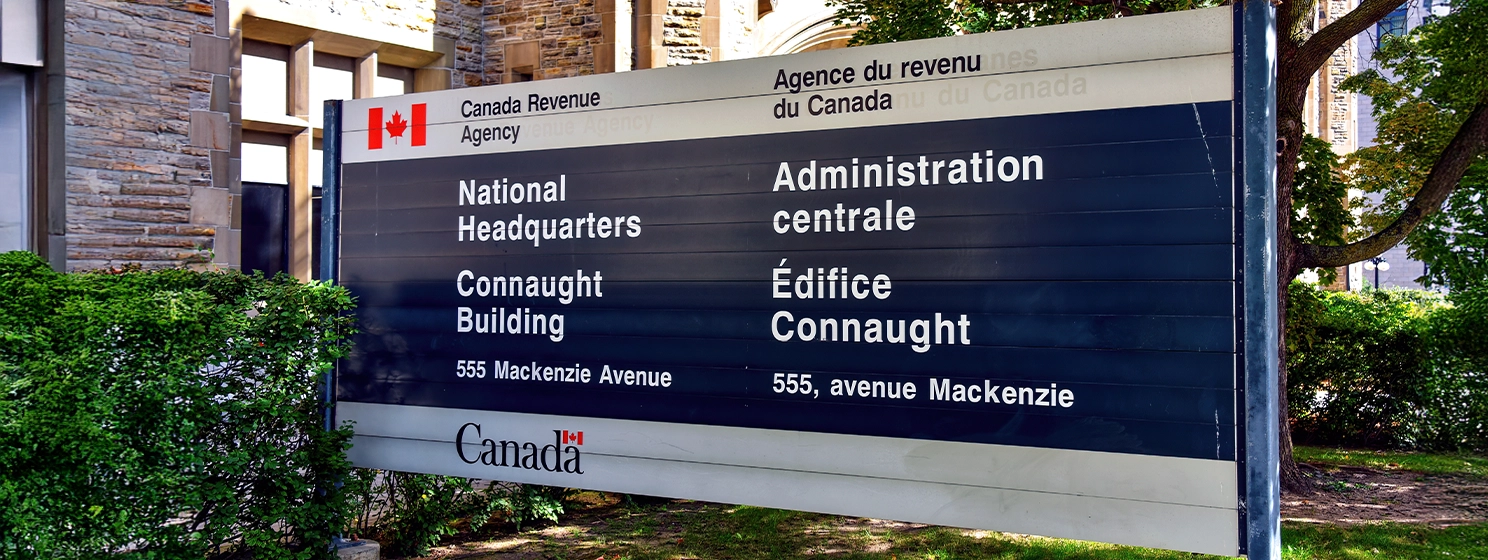|
Getting your Trinity Audio player ready...
|
Authorities in Seychelles have been requested to investigate transactions related to the transfer of 230,000 BTC tied to the mega OneCoin scam. The stash, which is worth over $10 billion today, is reportedly linked to Ruja Ignatova, the founder of the scam, and Sheikh Saoud bin Faisal Al Qassimi, a member of the Emirati royal family.
OneCoin was one of the largest scams in the digital currency space, orchestrated by ‘Crypto Queen’ Ruja Ignatova, a Bulgarian citizen. It ran from 2014 to 2016, operating as a multi-level marketing (MLM) scheme and touting its coins, which its users could purportedly mine easily, as the Bitcoin killer.
Authorities said Ignatova and her accomplices took off with about $4 billion from investors and to date, her location is still unknown. However, one U.K. lawyer believes that the key to recovering the lost assets could be in Seychelles.
Attorney Jonathan Levy sent multiple documents to Financial Crime Investigation Unit of the Seychelles Police asking for an inquest into transactions involving the transfer of the 230,000 BTC. This stash is now worth $10.7 billion, according to local media.
The request for the probe is the result of claims filed in Dublin, London, and Brussels against OneCoin, Seychelles News Agency reports.
Tania Potter, head of legal affairs at Seychelles Police, told the agency that “the unit has received quite a number of documents, as part of the complaint, some of which need to undergo a verification process to identify any links to the Seychelles and upon completion, a decision on the next step will be taken.”
Sources told the news outlet that the BTC stash belonged to Ignatova, having received it as payment when she sold some of her OneCoin assets. Ignatova allegedly had ties to the Emirati royal family member who had power of attorney over her assets, which, in turn, granted Al Qassimi control of a portfolio of bank accounts, companies, and real estate acquired by Ignatova through the proceeds of the OneCoin scam, according to the report.
According to the U.K. lawyer, the BTC that Al Qassimi and Ignatova transacted has been traced to Seychelles. He didn’t specify whether they were held by a Seychelles-based firm or if they were in a hard wallet in the country (it had earlier been rumored that Ignatova carried all the BTC she stole in four hard wallets).
“…Sheikh Al Qassimi [has] never been seriously questioned by law enforcement; Al Qassimi has details about 230,000 Bitcoin in possession of the criminal mastermind Ignatova,” the lawyer said.
He believes that Seychelles is best served by quickly looking into the claims, otherwise, it could tarnish its international image. The island country, which is the smallest in the country, is home to several digital currency entities, including the embattled BitMEX.
The lawyer said, “If Seychelles lacks the ability to regulate crypto asset transactions worth billions, then there are serious anti money laundering issues raised about cryptocurrency companies that choose to base their operations there.”
Follow CoinGeek’s Crypto Crime Cartel series, which delves into the stream of groups—a from BitMEX to Binance, Bitcoin.com, Blockstream, ShapeShift, Coinbase, Ripple and
Ethereum—who have co-opted the digital asset revolution and turned the industry into a minefield for naïve (and even experienced) players in the market.

 12-13-2025
12-13-2025 





